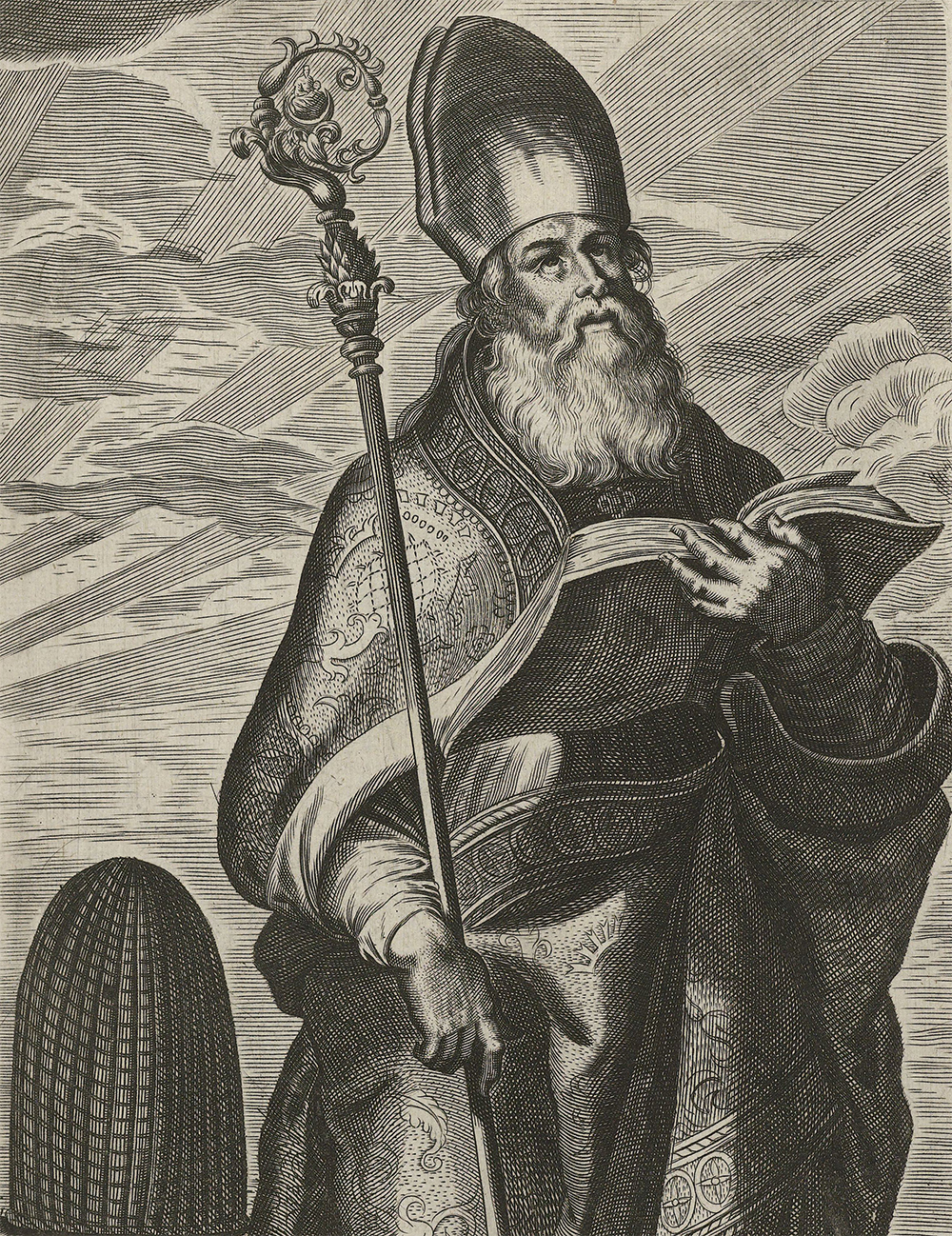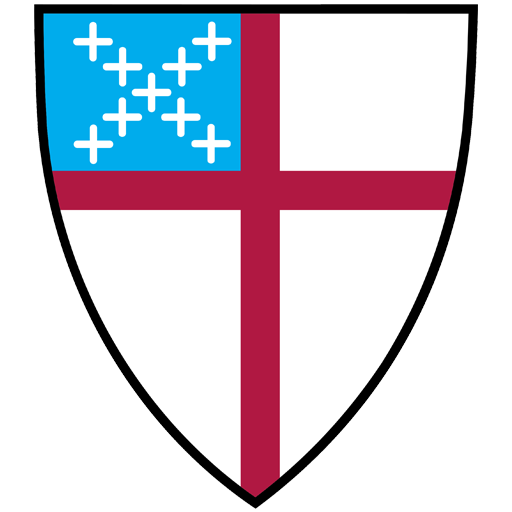December 7 (Lesser Feasts and Fasts 2000)

Ambrose was the son of a Roman governor in Gaul, and in 373 he himself was governor in Upper Italy. Though brought up in a Christian family, Ambrose had not been baptized. He became involved in the election of a Bishop of Milan only as mediator between the battling factions of Arians and orthodox Christians. The election was important, because the victorious party would control the powerful see of Milan.
Ambrose exhorted the nearly riotous mob to keep the peace and to obey the law. Suddenly both sides raised the cry, “Ambrose shall be our bishop!” He protested, but the people persisted. Hastily baptized, he was ordained bishop on December 7, 373.
Ambrose rapidly won renown as a defender of orthodoxy against Arianism and as a statesman of the Church. He was also a skillful hymnodist. He introduced antiphonal chanting to enrich the liturgy, and wrote straightforward, practical discourses to educate his people in such matters of doctrine as Baptism, the Trinity, the Eucharist, and the Person of Christ. His persuasive preaching was an important factor in the conversion of Augustine of Hippo.
Ambrose did not fear to rebuke emperors, including the hot-headed Theodosius, whom he forced to do public penance for the slaughter of several thousand citizens of Salonika. About Baptism, Ambrose wrote: “After the font [of baptism], the Holy Spirit is poured on you, ‘the spirit of wisdom and understanding, the spirit of counsel and strength, the spirit of knowledge and godliness, and the spirit of holy fear’” [De Sacramentis 3.8]
A meditation attributed to him includes these words: “Lord Jesus Christ, you are for me medicine when I am sick; you are my strength when I need help; you are life itself when I fear death; you are the way when I long for heaven; you are light when all is dark; you are my food when I need nourishment.” Among hymns attributed to Ambrose are “The eternal gifts of Christ
the King,” “O Splendor of God’s glory bright,” and a series of hymns for the Little Hours.
